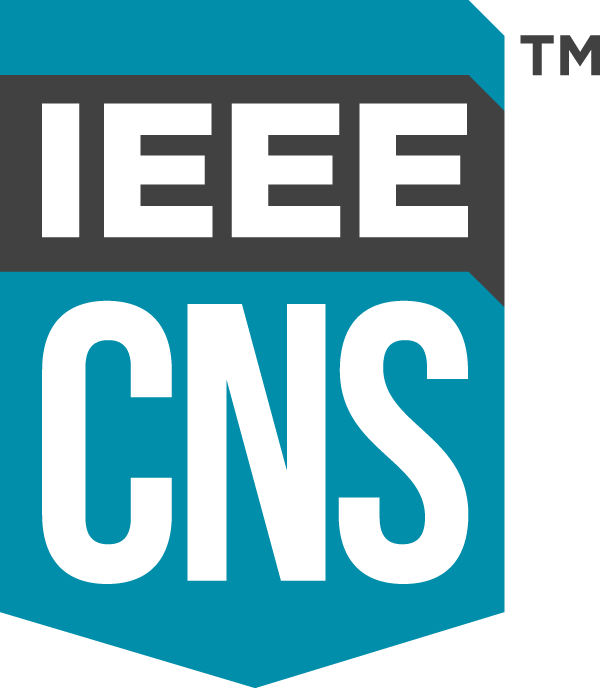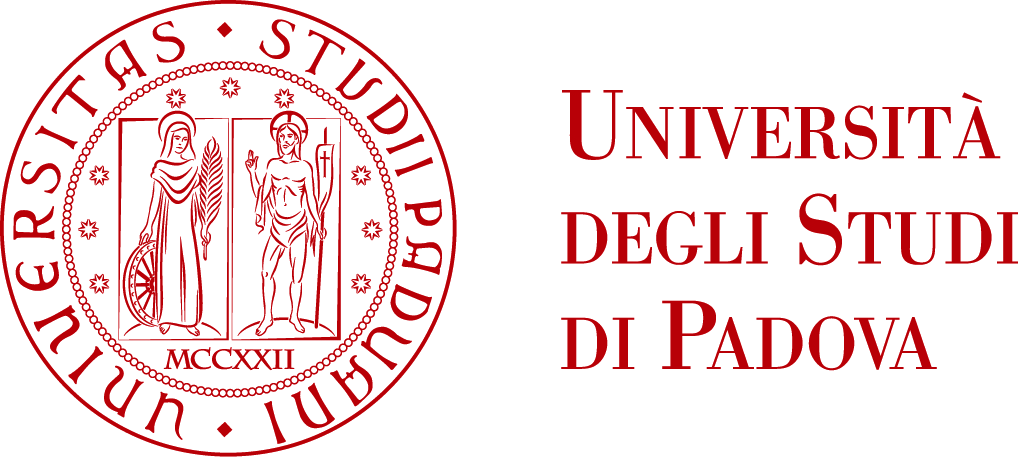Call for Papers
Submitted papers must represent original material that is not currently under review in any other conference or journal, and has not been previously published. All submissions must be written in English with a maximum paper length of 6 pages and formatted according to the two-column IEEE conference format. Accepted papers will be published in the IEEE Digital Library after the conference and included in the IEEE CNS proceedings. Papers should be submitted using EDAS submission system.
For the templates, please refer to the IEEE Page here: https://www.ieee.org/conferences/publishing/templates.html
Submissions must be in Portable Document Format (.pdf). Authors should pay special attention to unusual fonts, images, and figures that might create problems for reviewers. Your document should render correctly in Adobe Reader XI and when printed in black and white.
Papers must be submitted through the EDAS system.
Important Dates
- Paper submission deadline (extended) :
Jun. 30, 2025July 10, 2025 (Firm deadline) - Notification of acceptance (extended):
Jul. 15, 2025July 25, 2025 - Camera Ready: Aug. 5, 2025
- Workshop Date: Sep. 11, 2025
Scope and topics
We invite innovative
submissions that present practical and theoretical solutions to cybersecurity issues within CPS. Example
topics of interest are given below, but are not limited to:
Topics of interest include but are not limited to:
- Secure CPS architectures and protocols
- Authentication mechanisms for CPS
- Access control and anonymization for CPS
- Blockchain applications for CPS
- Data security and privacy for CPS
- Forensics for CPS
- Intrusion detection for CPS
- Energy-efficient and secure CPS
- Availability, recovery, and auditing for CPS
- Distributed secure solutions for CPS
- Threat modelling for CPS
- Security of CPS in automotive systems
- Security of CPS in medical devices/systems
- AI-driven security solutions for CPS
- Generative AI for CPS security
- Adversarial AI for CPS
- Defense mechanisms against adversarial AI for CPS
- Usage of LLMs for security and threat detection/analysis in CPS
- Human-machine interaction and natural language interfaces in CPS
- Privacy-preserving techniques for CPS data
- Cyber-physical threat intelligence and information sharing
- Security testing and validation for CPS
Use of Generative AI Technology provides great advantages to its users and, in particular, generative AI may be tempting to use as a substitute for human work. While this is great for a lot of tasks, critical thinking and fact-checking is not yet among the tasks at which these models excel. Therefore, we encourage authors to provide substantial contributions via critical thinking and carefully checking the correctness of whatever information is included in the paper. The use of generative AI for reviewing is, on the other hand, strictly prohibited. We will instruct reviewers in this sense to guarantee you quality reviews and without leaking any confidential information you will include in your work.



